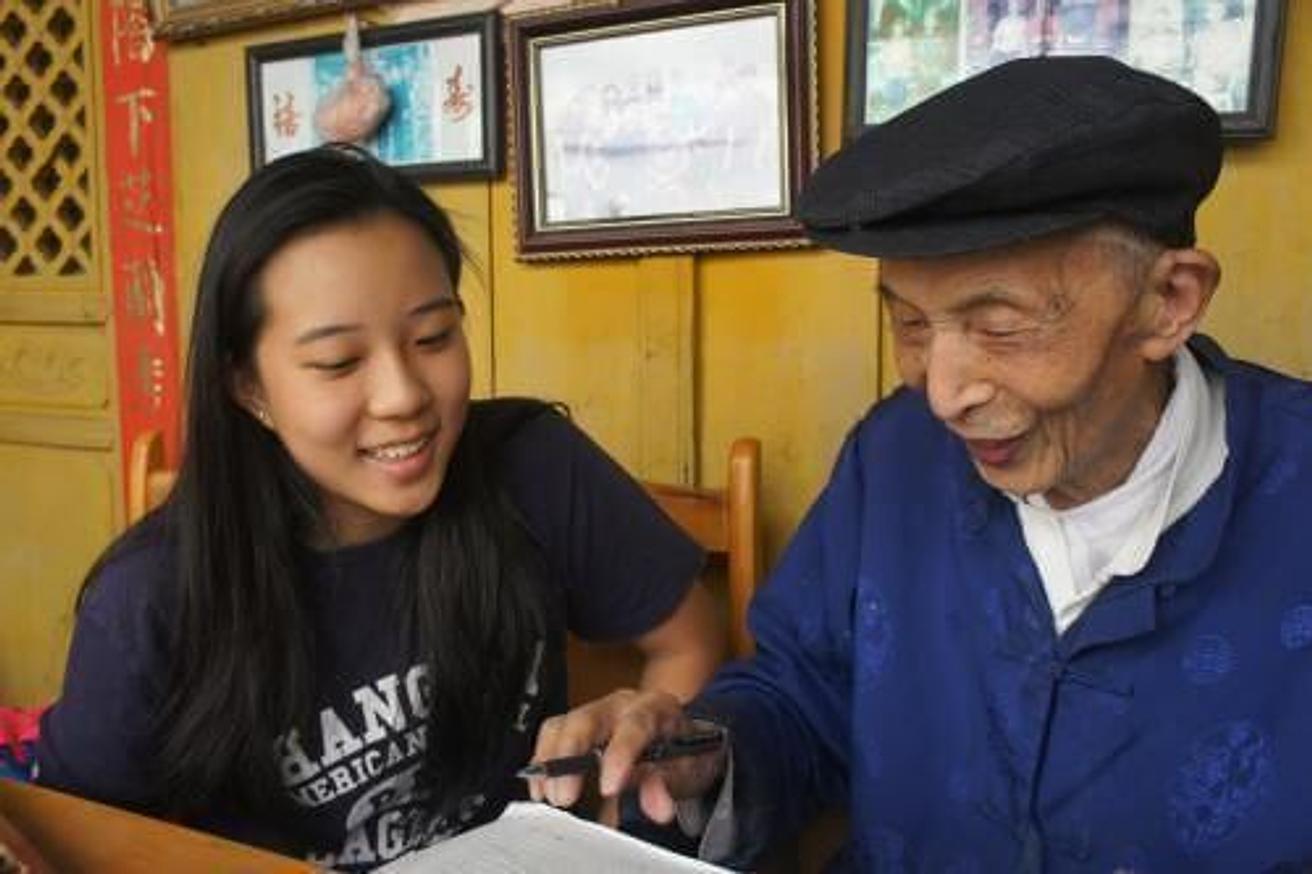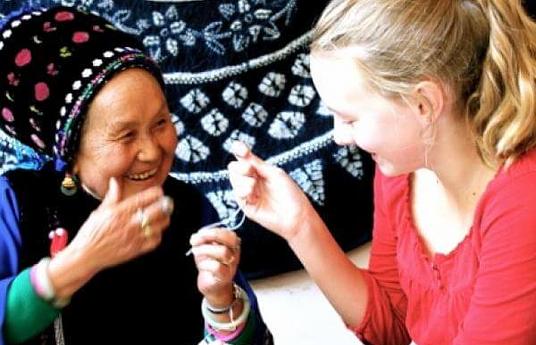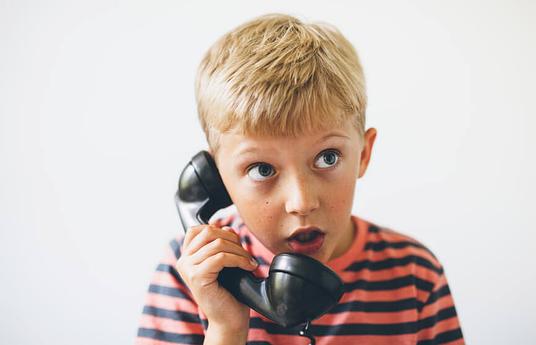Thanks to algorithms and technological advances, we’re all living in bubbles both in the real world and online. This is a situation that many expat families are all too familiar with as they can find themselves isolated from the local community. But instead of accepting this as an unchangeable fact, the Shanghai American School decided to do something about it.
In 2012, Microcampus started at the Shanghai American School. Microcampus is an experiential learning adventure where eighth graders at the school get to travel and spend a month in Xizhou, a small village in South-West China.
Through this experience, students have their expatriate bubble burst and get to learn about the experiences of rural communities in their host country. Craig Tafel, Director of Microcampus explains, ‘Our belief is that part of this program is to get students out of their usual routines and understand a different aspect of China and also to understand themselves differently as they interact with that new environment. How does a village work, how do people think, what are their assumptions about the world, what are commonly held beliefs throughout the community?’
This is particularly important in today’s increasingly globalized world where being able to understand, collaborate and work with people different from yourself isn’t just a nice quality to have, but one that is vital if you’re to thrive in modern society.
During their trip students work on two main projects. The first is an inquiry-based project where students investigate a topic of their choice that has something to do with their host region. The second is called Service Learning, which involves students capturing oral histories from elderly citizens in a short film project.
During these projects, students have the opportunity to interact with the local residents and to experience an intercultural dialogue. It also broadens their personal knowledge and understanding of the world as they get to truly understand the experiences of others first hand.
The projects give students a level of independence rarely seen in education and it is this freedom that allows the students to grow, as Tafel explains, ‘For me as a teacher that’s the most exciting part. To see students discover for themselves what they can do. Sometimes you have to step away from usual routines in order to make those discoveries.’
It appears the freedom and originality of the program is working. Marco, a Microcampus student, reports, ‘I feel I have grown quite a bit, especially in terms of being independent and decision-making. I’ve learnt to live more on my own and it’s all about taking risks here.’
It’s not only getting out of the city that gives these kids a breath of fresh air, the curriculum on these trips is surprisingly limited so students really have the space and time to focus on what they’re doing. ‘Microcampus today is really designed so kids have fewer things to do,’ explains Tafel, ‘They are given plenty of time to do those things and they’re expected to have some good habits, good discipline and to manage themselves and that process.’
Building these habits is one of the main focuses of Microcampus, as Tafel goes on to say, ‘Aristotle said that “we are what we repeatedly do.” Excellence then is not an act but a habit.’
Audrey, a student at Microcampus, explains, ‘In Microcampus it really gives you a different perspective. I feel like here we’re not just learning school things like humanities, science, maths, we’re also learning our responsibilities.’
Whilst there are those in the world who keep trying to put up walls, there are also those who are finding ways to bring them down. In our ever-more interconnected world, there are opportunities to allow students a little more freedom and to learn about other cultures, whether that be through trips like in Microcampus, using technology like Skype to bring experts into the classroom or through the use of virtual realities. However you do it, loosening the control of education and allowing students to learn organically can build the skills and habits to allow excellence to naturally happen.
Find out how you could do something similar on Microcampus’ project page.


